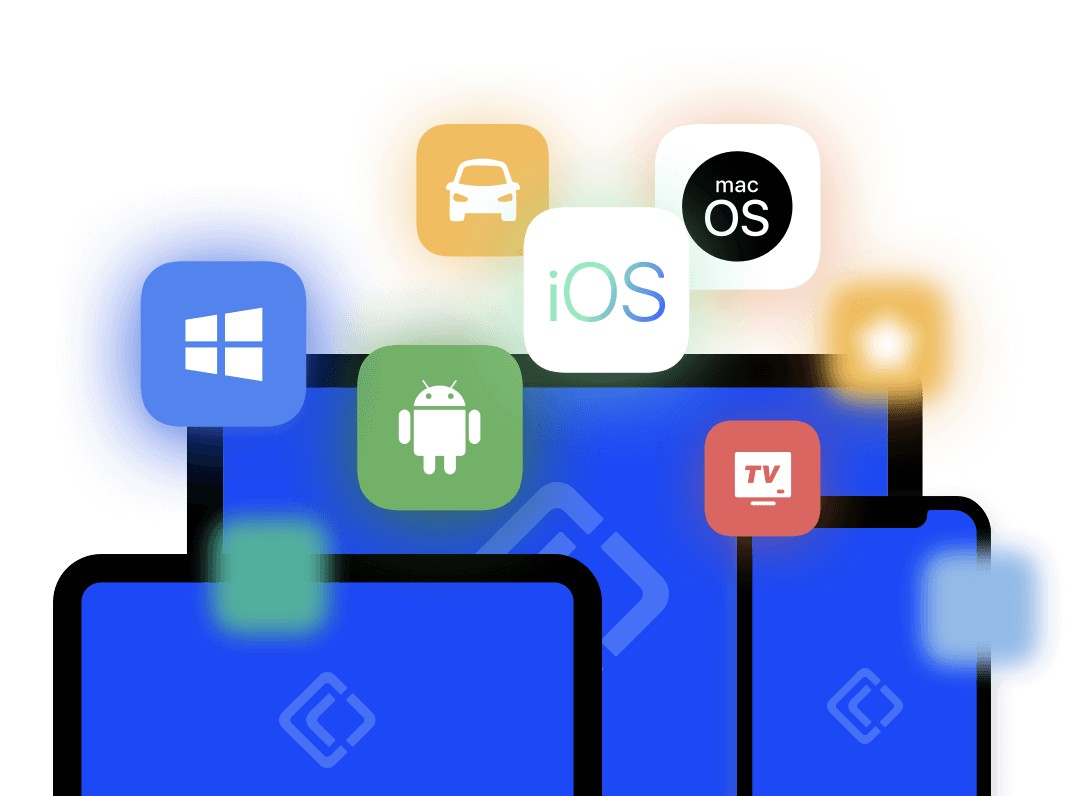洞察探索如何利用兼容微信生态的小程序容器,实现跨平台开发,助力金融和车联网行业的数字化转型。
690
2022-10-27

micro-graphql-react:用于将GraphQL添加到React组件的简单实用程序

micro-graphql-react
NOTE These docs are still a work in progress. I'm only putting them on Master because the old ones were terribly out-dated and inaccurate, given how much the project has changed since it was originally released.
The current version is 0.4.0-beta34, but the beta is only because of the React Suspense stuff which itself is still in beta. The non-Suspense code in the latest version should be considered stable and safe.
A light (2.5K min+gzip) and simple solution for painlessly connecting your React components to a GraphQL endpoint.
Like any other GraphQL React client, there are simple hooks which query, and mutate data from your GraphQL endpoint. Where this project differs is how it approaches cache invalidation. Rather than adding metadata to queries and forming a normalized, automatically-managed cache, it instead provides simple, low-level building blocks to handle cache management yourself. The reason for this (ostensibly poor!) tradeoff is because of my experience with other GraphQL clients which attempted to do this. I consistently had difficulty getting the cache to behave exactly as I wanted, and so decided to build a GraphQL client that gave me the low-level control I always wound up wanting. This project is the result.
Full docs are here
A live demo of this library is here
The rest of this README describes in more detail what kind of cache management problems this project attempts to avoid, by not attempting automatic cache management.
Common cache difficulties other GraphQL clients contend with
Coordinating mutations with filtered result sets
A common problem with GraphQL clients is configuring when a certain mutation should not just update existing data results, but also, more importantly, clear all other cache results, since the completed mutations might affect other queries' filters. For example, let's say you run
tasks(assignedTo: "Adam") { Tasks { id, description, assignedTo }}
and get back
[ { id: 1, description: "Adam's Task 1", assignedTo: "Adam" }, { id: 2, description: "Adam's Task 2", , assignedTo: "Adam" }];
Now, if you subsequently run something like
mutation { updateTask(id: 1, assignedTo: "Bob", description: "Bob's Task")}
the original query from above will update and now display
[ { "id": 1, "description": "Bob's Task", "assignedTo": "Bob" }, { "id": 2, "description": "Adam's Task 2", "assignedTo": "Adam" }];
which may or may not be what you want, but worse, if you browse to some other filter, say, tasks(assignedTo: "Rich"), and then return to tasks(assignedTo: "Adam"), those data above will still be returned, which is wrong, since task number 1 should no longer be in this result set at all. The assignedTo value has changed, and so no longer matches the filters of this query.
This library solves this problem by allowing you to easily declare that a given mutation should clear all cache entries for a given query, and reload them from the network (hard reset), or just update the on-screen results, but otherwise clear the cache for a given query (soft reset). See the docs for more info.
Properly processing empty result sets
An interesting approach that the first version of Urql took was to, after any mutation, invalidate any and all queries which dealt with the data type you just mutated. It did this by modifying queries to add __typename metadata, so it would know which types were in which queries, and therefore needed to be refreshed after relevant mutations. This is a lot closer in terms of correctness, but even here there are edge cases which GraphQL's limited type introspection make difficult. For example, let's say you run this query
tasks(assignedTo: "Adam") { Tasks { id, description, assignedTo }}
and get back
{ "data": { "tasks": { "__typename": "TaskQueryResults", "Tasks": [] } }}
It's more or less impossible to know what the underlying type of the empty Tasks array is, without a build step to introspect the entire endpoint's metadata.
Are these actual problems you're facing?
These are actual problems I ran into when evaluating GraphQL clients, which left me wanting a low-level, configurable caching solution. That's the value proposition of this project. If you're not facing these problems, for whatever reasons, you'll likely be better off with a more automated solution like Urql or Apollo.
版权声明:本文内容由网络用户投稿,版权归原作者所有,本站不拥有其著作权,亦不承担相应法律责任。如果您发现本站中有涉嫌抄袭或描述失实的内容,请联系我们jiasou666@gmail.com 处理,核实后本网站将在24小时内删除侵权内容。
发表评论
暂时没有评论,来抢沙发吧~